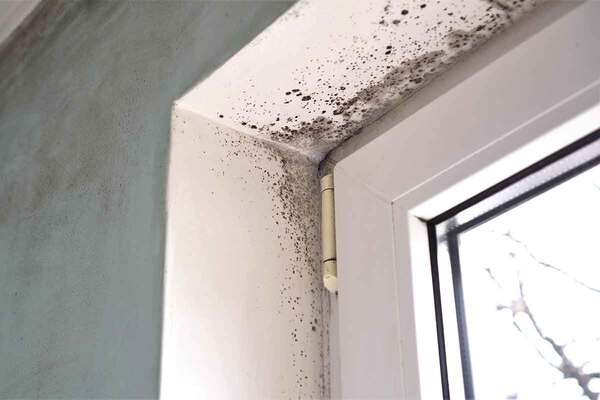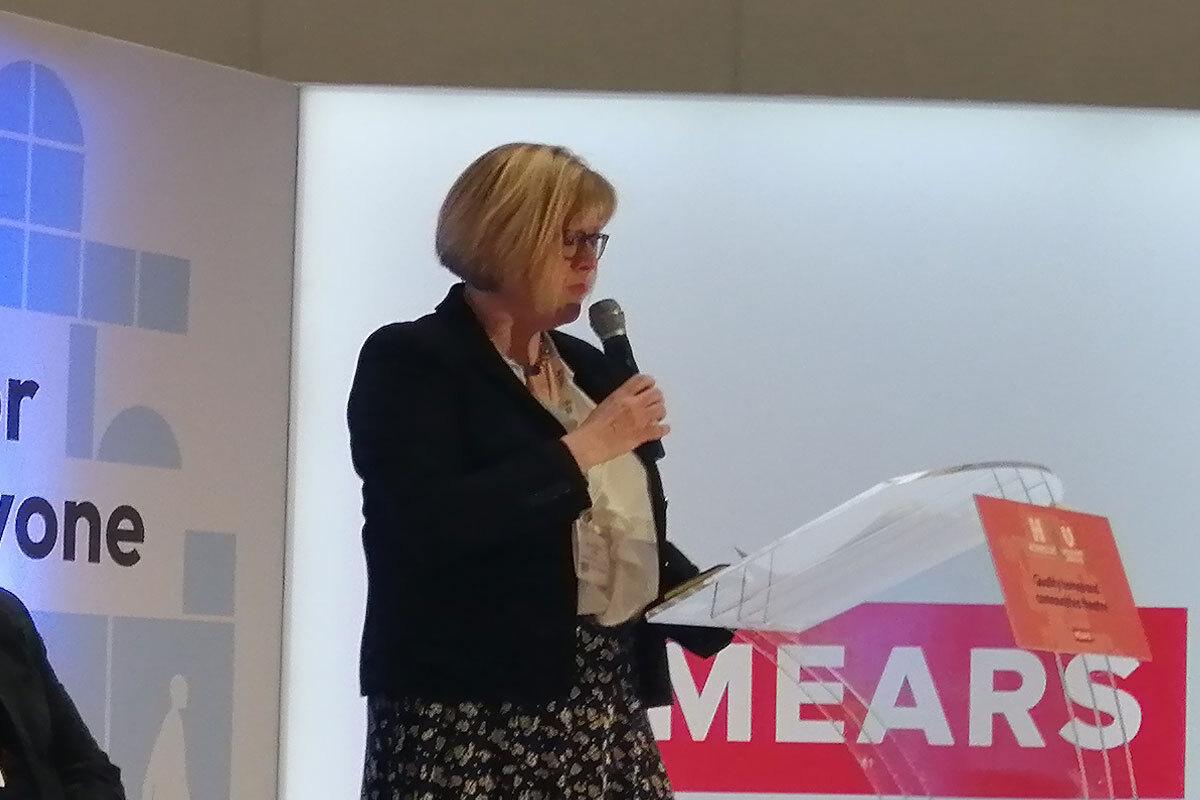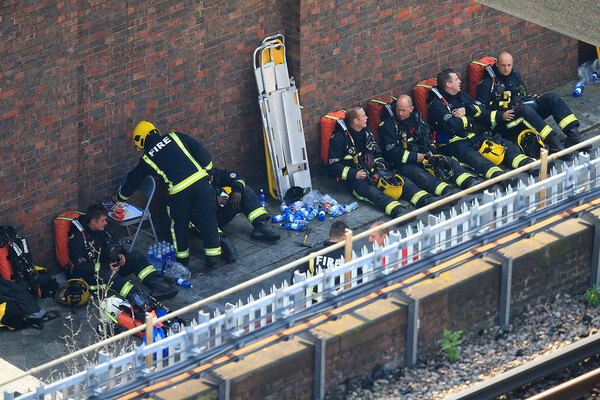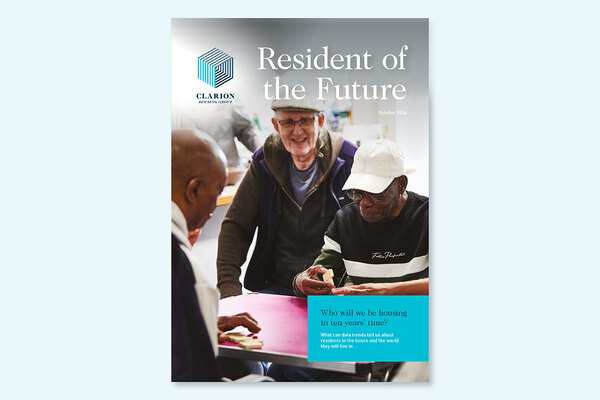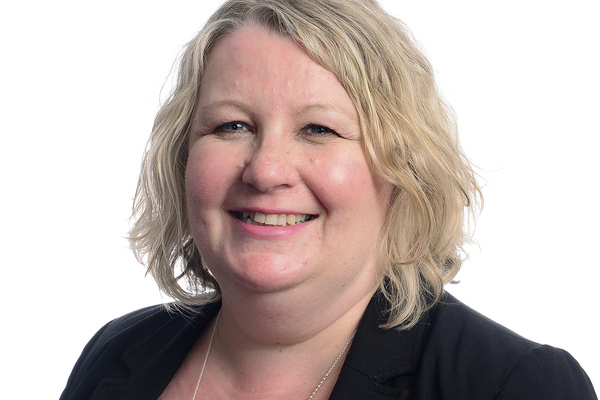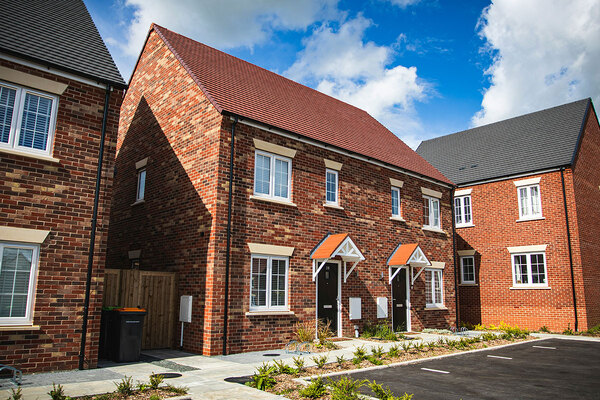You are viewing 1 of your 1 free articles
Spike in disrepair claims likely this winter, lawyers warn
Housing associations and councils may be hit with a surge in legal disrepair claims this winter, lawyers have warned.
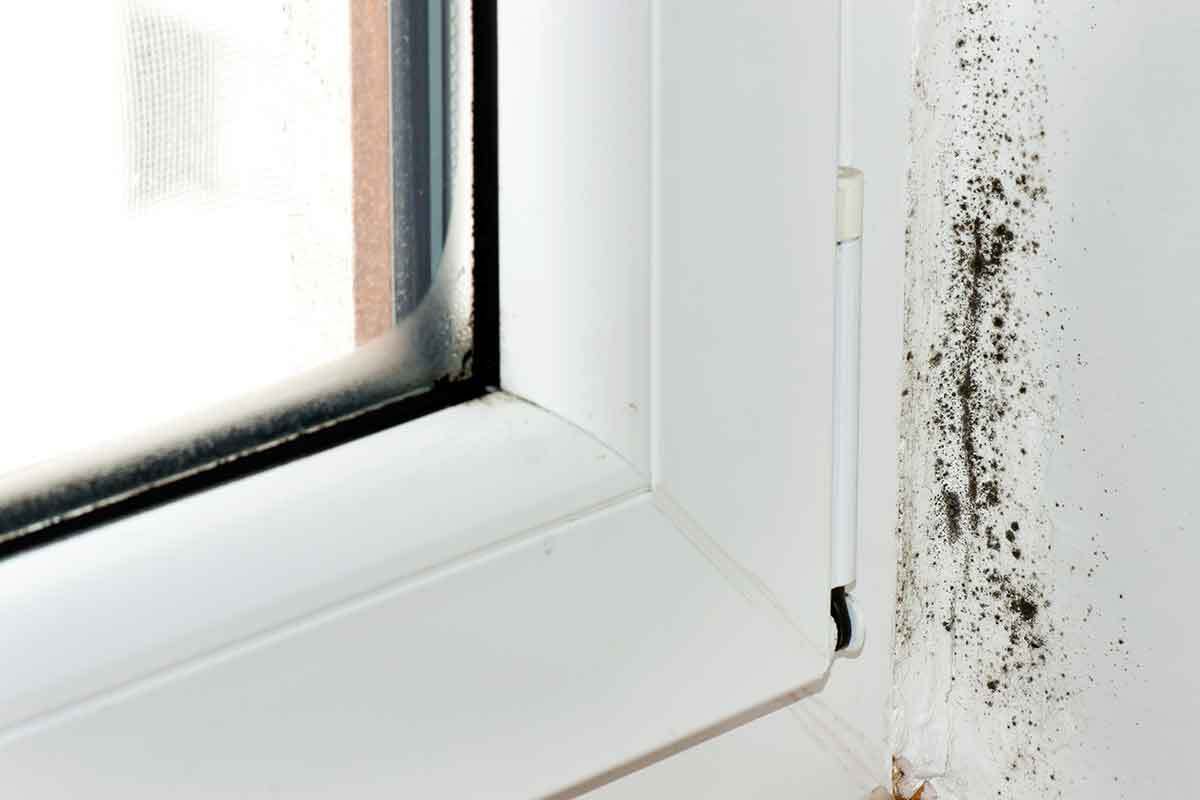
Lawyers representing social landlords said that if tenants are unable to heat their homes because of increased energy bills, this could lead to damp and mould and, in turn, a spike in claims.
One said the tragic case of Awaab Ishak may also lead to more claims, because the detrimental health impact of mould received nationwide attention after a coroner ruled the toddler’s death was caused by damp and mould in the flat where he lived.
Temperatures across the country have plummeted at the same time as households have experienced huge hikes in their energy bills. The UK is also facing additional pressure as a result of the cost-of-living crisis.
Donna McCarthy, a partner at Devonshires, the law firm, told Inside Housing: “I understand that this will be an exceptionally difficult winter for tenants who may struggle to be able to afford to adequately heat their homes, which in turn could lead to an increase in damp and mouldy conditions.
“Although landlords may not have legal liability in these circumstances, I know from landlords that I am working with that they want to do everything they can to work with their tenants to ensure that they are able to keep their homes adequately heated before this becomes an issue.”
Ms McCarthy added that measures being taken by social landlords include discussing the optimal way to use their heating systems, and setting up hardship funds.
Justin Bates, a barrister at Landmark Chambers and co-author of the Homes (Fitness for Human Habitation) Act 2018, said landlords need to improve their properties and focus on energy efficiency over the medium to long term.
“They should also think about taking steps to give tenants alternative energy options. I am aware of one landlord which is installing solar panels and batteries, for example,” he said.
In the very short term, Mr Bates said social landlords should support tenants to access financial support, ensuring help such as the council tax rebate is being claimed.
“Is there more that can be done to access Discretionary Housing Payments so as to free up money to spend on energy costs?” he asked.
Helen Tucker, a partner in the housing management team at Anthony Collins Solicitors, said the number of claims is likely to increase after a coroner ruled that Awaab died from long-term exposure to mould in a Rochdale Boroughwide Housing (RBH) flat.
“There will be a surge of cases around damp and mould.
“There should also be an increase in landlords going for access injunctions, where tenant solicitors are the ones obstructing access,” she said.
RBH failed to make repairs in Awaab’s home because of a policy the organisation had of not doing work during an ongoing disrepair claim.
Social landlords have already experienced large increases in the number of disrepair claims being brought by tenants.
Inside Housing’s research found that councils alone are paying out millions of pounds every year.
There are several reasons behind the increase, including an ageing housing stock, social landlords failing to carry out repairs, and almost non-existent legal aid.
Sign up for our asset management newsletter
Already have an account? Click here to manage your newsletters
